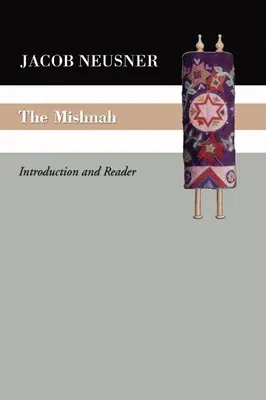Jacob Neusner
(Author)The MishnahPaperback, 30 January 2004

Qty
1
Turbo
Ships in 2 - 3 days
In Stock
Free Delivery
Cash on Delivery
15 Days
Free Returns
Secure Checkout
Print Length
238 pages
Language
English
Publisher
Wipf & Stock Publishers
Date Published
30 Jan 2004
ISBN-10
1592445187
ISBN-13
9781592445189
Description
Product Details
Author:
Book Format:
Paperback
Country of Origin:
US
Date Published:
30 January 2004
Dimensions:
21.64 x
14.02 x
1.3 cm
ISBN-10:
1592445187
ISBN-13:
9781592445189
Language:
English
Location:
Eugene
Pages:
238
Publisher:
Weight:
294.83 gm

